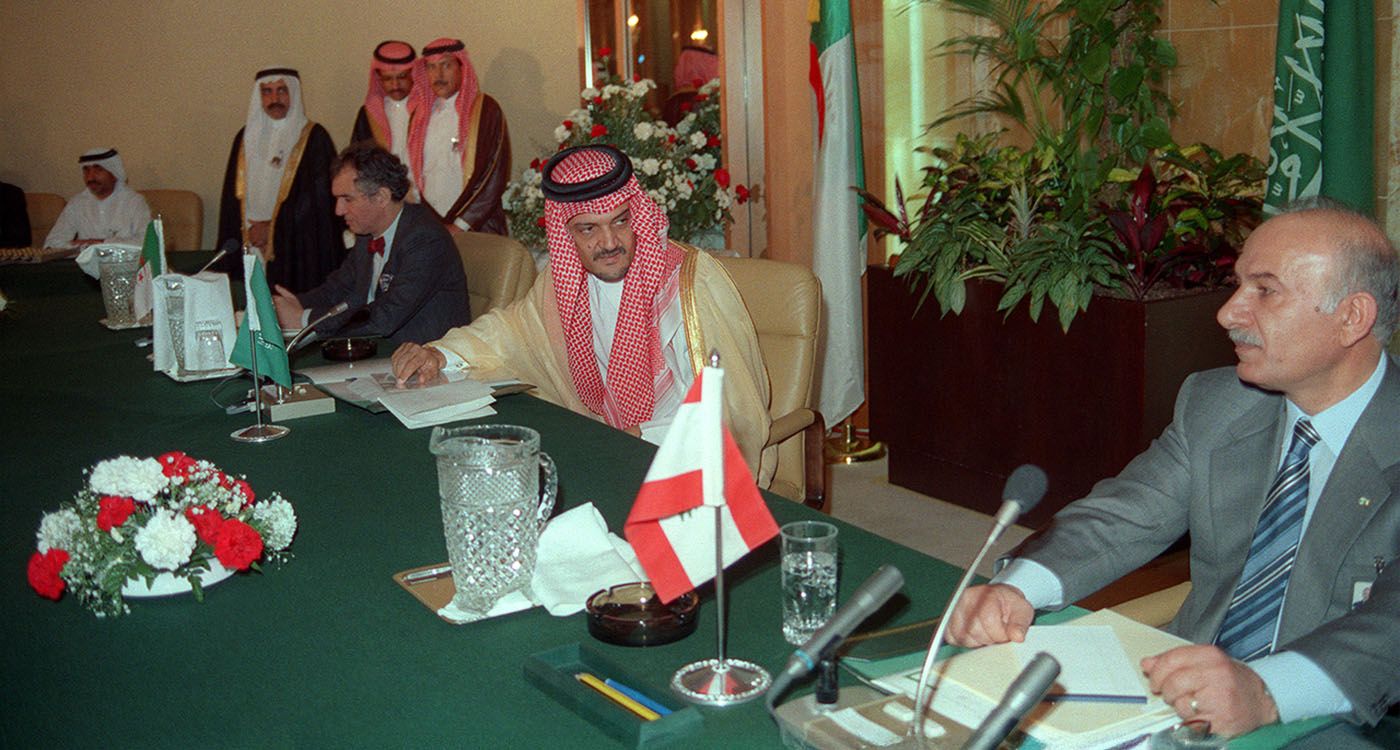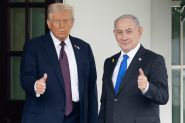
Prime Minister Nawaf Salam’s call for the abolition of political sectarianism and the formation of a national commission for this purpose can be understood in light of his secularist stance and his well-known legal and political background. If anyone has the right to push for this socio-political shift in Lebanon, it is Nawaf Salam. However, it is also the right of the Lebanese people to express their concerns and fears regarding this proposal.
Lebanon will not be ready to discuss such a proposal for at least three more generations. We are still in the third post-war generation and continue to suffer from sectarianism in government formation, down to the appointment of forest rangers — a symbolic crisis that previously ignited legal debates over sectarian quotas in past governments.
The level of sectarianism in state administration, which has led to power-sharing extending even to the lowest categories, cannot suddenly convert into an advanced open state. The Taif Agreement has indeed stipulated a gradual move toward abolishing political sectarianism, coupled with the establishment of a special commission — one that has been delayed for more than 40 years. In this regard, what Nawaf Salam is doing is a step toward applying the agreement. However, such a transition does not happen overnight; it must first be preceded by real reassurances for the various sects.
The gateway to these reassurances lies in the creation of a Senate, which, according to the Taif Agreement, should help alleviate sectarian fears by representing the different religious communities and preventing any legislation that could harm coexistence. However, the problem is that the Senate has not been established due to an ongoing dispute over the sectarian affiliation of its president. The Druze believe that the Senate presidency should be theirs in exchange for granting the Catholic community the presidency of the Economic and Social Council. Meanwhile, the Orthodox, the second-largest Christian sect, insist that the presidency should go to them to maintain the sectarian balance in leadership positions.
If disagreements over the presidency are rooted in sectarian considerations, how can we expect to advance when we are still operating from a sectarian mindset?
The formation of a Higher Commission to Abolish Political Sectarianism and push toward this transition is akin to enacting an electoral law based on Lebanon as a single electoral constituency with proportional representation — effectively submerging Christian votes within a vast Muslim electorate. This is the real equation underlying this idea, given the persistent fears each sect harbors toward the others. Take the Shia, for example. The assassination of their former leader, who commanded them through armed force, and Hezbollah’s military setbacks have led to a wave of victimhood, which they labeled a "siege" and used as a justification for claiming that their sect is wounded and in need of compensations — including control over the Ministry of Finance and other governmental privileges. If the largest and most politically powerful sect over the past two decades perceives itself as weakened due to a challenging period, how would the smaller sects feel?
An Eastern society in a volatile environment like Lebanon cannot transition to a civil state free from sectarianism merely because the idea is being proposed, or because those advocating for it happen to be non-sectarian and do not think along sectarian lines.
Sectarianism in Lebanon is embedded in the cracks of its walls and in every joint of the state. Abandoning it requires generations and a significant shift in thinking, yet we are still unable to agree on our recent or distant history.



Comments